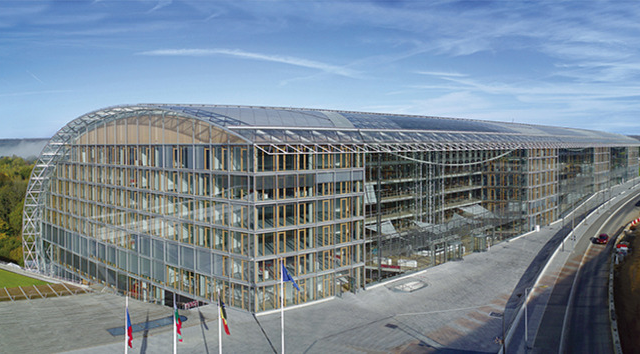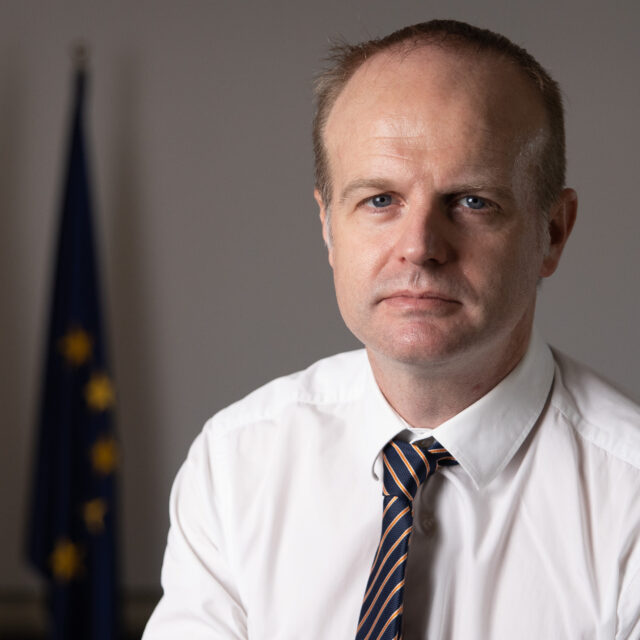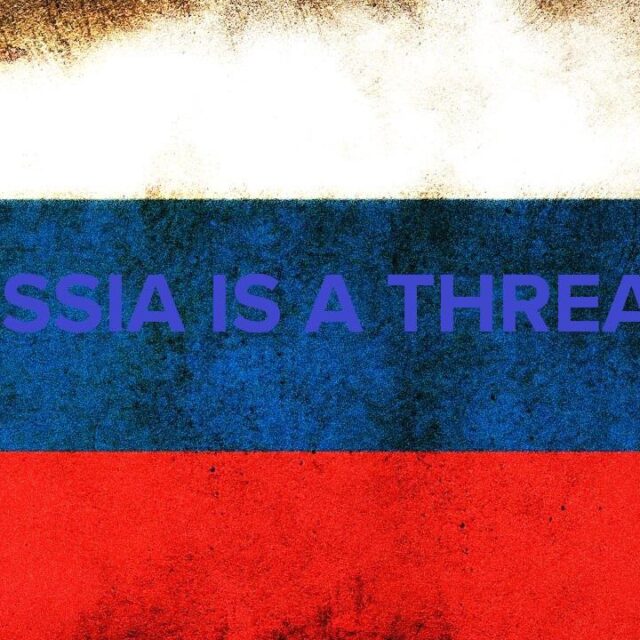Photo by Alex Shute on Unsplash
If Ukraine had more foreign and multinational investors, would the state have been stronger, and would there have been a higher chance that Russia would not dare to attack Ukraine? This rhetorical question is often heard from foreign investors looking to change how they are treated by the state or local authorities.
One case in point concerns Tamaz Somkhishvili, who in 2022 was alleged to be involved in repairing Russian military aircraft. The accusations were published on 31st December 2022, and came as a complete shock. Taras Dumych, a partner with the international law firm Wolf Theiss and counsel to Tamaz Somkhishvili took them very seriously and launched an independent investigation into the claims, the facts, and even their own client. This investigation spanned Georgia, Russia, and Ukraine.
The findings were crystal clear: the accusations were entirely baseless. On top of that, they uncovered how the accusations had been fabricated.
They found not only that Tamaz Somkhishvili had no connection, neither shareholding nor transactional, with the Russian state-controlled company in question, but interestingly that several minority shareholders of that company included Ukrainian state-owned enterprises.
Wolf Theiss shared the results of their investigation and provided the Ukrainian authorities with all the evidence they had gathered. They also made the same report and evidence available to the UK government, and the UK Embassy in Kyiv.
The Ukrainian authorities responded to the report in writing stating they found no grounds to take action. One piece of evidence supporting this is a letter from Ukraine’s Foreign Intelligence Agency to Kyiv’s chief prosecutor, which appeared later in court files. In it, the intelligence agency stated they had no data linking Tamaz Somkhishvili to the alleged Russian connections.
Time is the ultimate test of truth. The fact of the matter is that two years after these allegations were made, it’s not just the Wolf Theiss Report but also time itself that has proven the claims to be entirely false.
Since Tamaz Somkhishvili is a UK citizen and investor in Ukraine, his case also touches on the UK-Ukraine Bilateral Investment Treaty. Accordingly, the UK Government which has been actively supporting Ukraine’s fight against an aggressor, has asked to be kept updated on developments.
Taras Dumych of Wolf Theiss claims to have received personal threats, and strange people dressed in camouflage, but not real army servicemen, just racketeer types, showing up at his office with veiled intimidation tactics. There was also a targeted media campaign against Dumych, labelling him a traitor and “devil’s advocate,” and a complaint was filed with the Advocates Ethics Commission, to which he responded by presenting the Commission with the true facts of the case. Dumych also received messages threatening to take him to the forest and make him “disappear” or deport him to Moscow. These threats were reported to the Police and Security Service of Ukraine.
To make matters worse, many of the attacks and threats referenced misinformation on Wikipedia, as if it were an undisputed source of truth and facts. Wikimedia and its editors acknowledged that the publications were clearly part of an orchestrated defamation campaign. Yet they refused to remove or correct the false information, citing their policies.
According to them, as long as a statement is referenced, even if it is false or comes from dubious sources like blogs, it meets their standards. Unfortunately, in this particular case, many of the references were not credible media investigations but personal blogs trying to appear like investigative journalism, which they were not.
An investigation into the attacks conducted by an independent media analysis agency confirmed that this was a calculated and biased media campaign which, according to their findings, had nothing to do with true investigative journalism. The report of that agency identified the actors behind the attack and laid out the details.
What’s ironic is that this agency simply presented factual findings without taking sides, yet, once it did so, it immediately became the target of the same attacks, just because the agency dared to publish true facts, not just opinions.
Tamaz Somkhishvili continues to be in dispute with Kyiv’s municipal authorities regarding his investments. He invested his own money into a project in Kyiv, no government funds, no bank loans, just his capital. He even secured a preliminary commitment from an institutional investor, the kind of investor Ukraine’s leadership is eager to attract for future reconstruction efforts.
The project failed due to actions by Kyiv municipal officials. Shockingly, once they awarded an investment project to him and received official payment from him as the investor, they immediately refused to provide a land plot, on which the project was supposed to be developed. Ultimately, after several years of Somkhishvili struggling to develop the project, the municipality merely expropriated it.
The public officials of the municipality acknowledged their wrongdoings and even apologised, but they refused to return the money that the investor had paid to the city of Kyiv, or compensate him for his losses, despite their commitments made in the binding agreement signed by the Kyiv municipality.
Tamaz Somkhishvili continues to seek justice in Ukraine, using the available legal means, to recover his losses and secure the return of his investments. In an ideal world, this case would lead to holding corrupt officials accountable for their actions. But until Ukrainian law enforcement authorities seriously investigate such cases, the environment for international investors in Ukraine will remain an unpredictable lottery.
Commenting from his own experience in dealing with disinformation, Tamaz Somkhishvili says: “Having been the target of a defamation campaign, I realise that European structures and institutions are not adequately prepared for this new kind of threat. Just as we developed anti-drone defense systems when drones emerged, I believe it is essential for Europe to adapt its media laws to reflect the current level of digitalisation. We need to establish real accountability for the dissemination of slander, not only for registered media outlets but also for news blogs and Telegram channels, which often serve as the starting point for reputation-damaging campaigns. Europe requires a Ministry of Truth – an organisation dedicated to identifying and exposing media fakes. This could be invaluable for government institutions and banks, which still rely on outdated databases like World-Check, where references to disreputable blogs are unfortunately treated with the same credibility as established publications like the Financial Times, leading to detrimental consequences for individuals’ reputations.”




